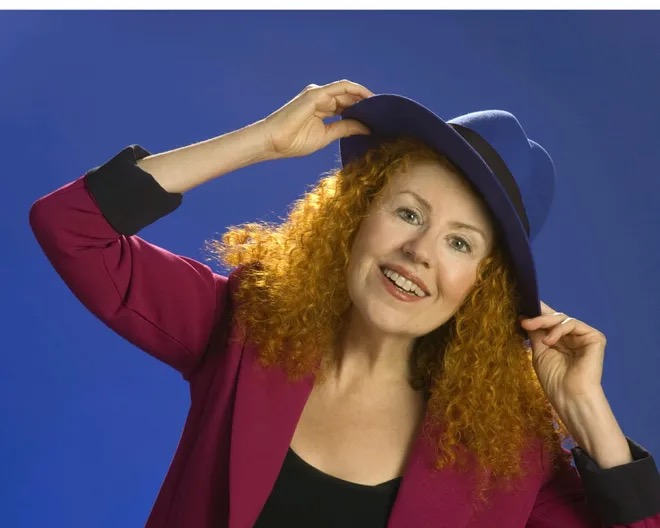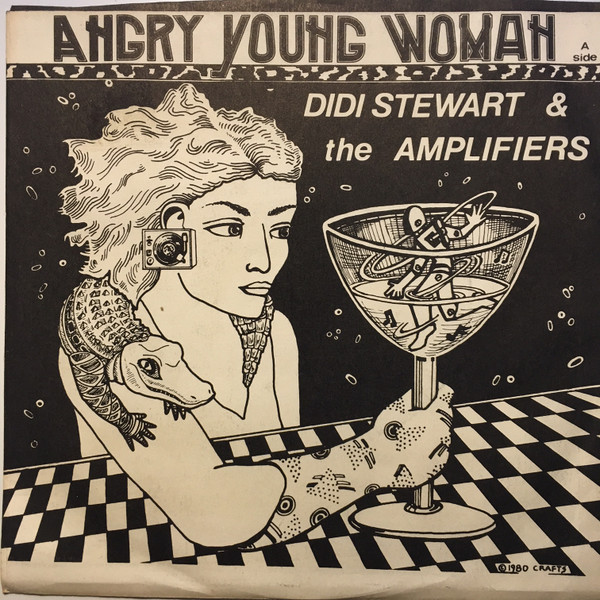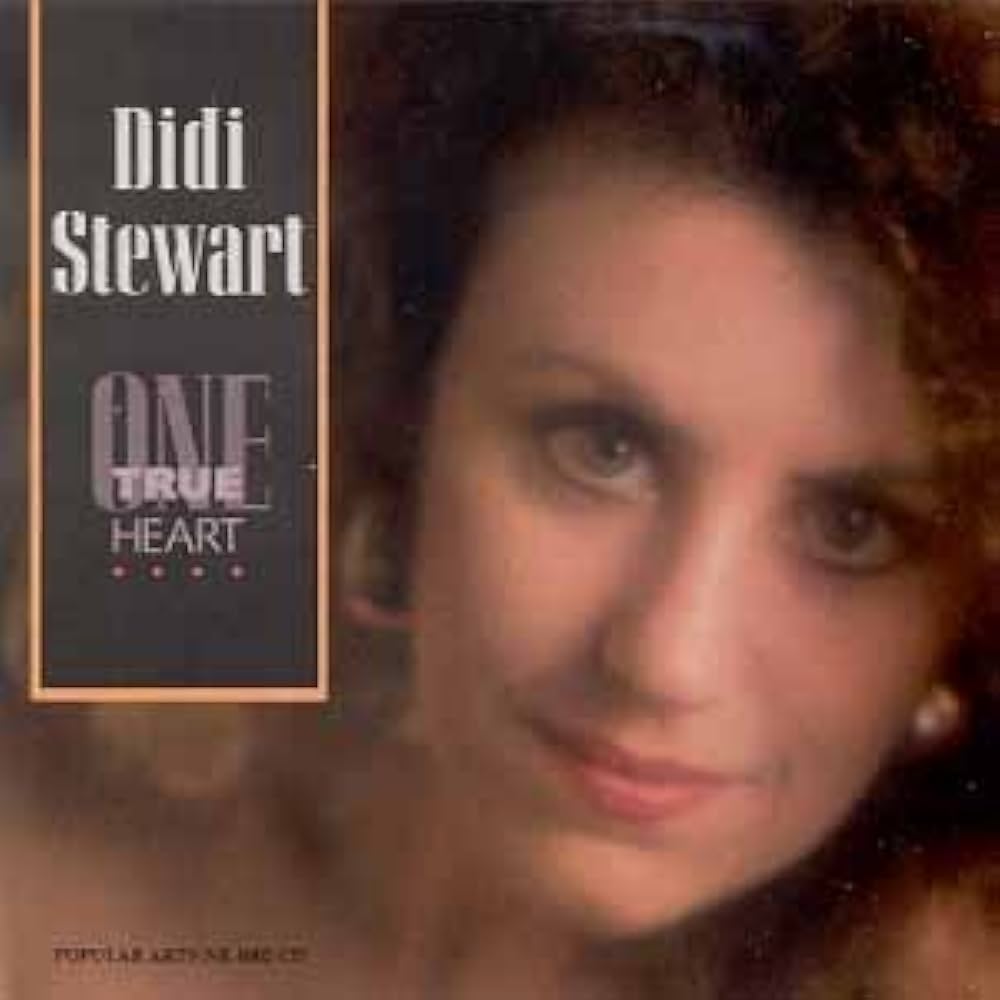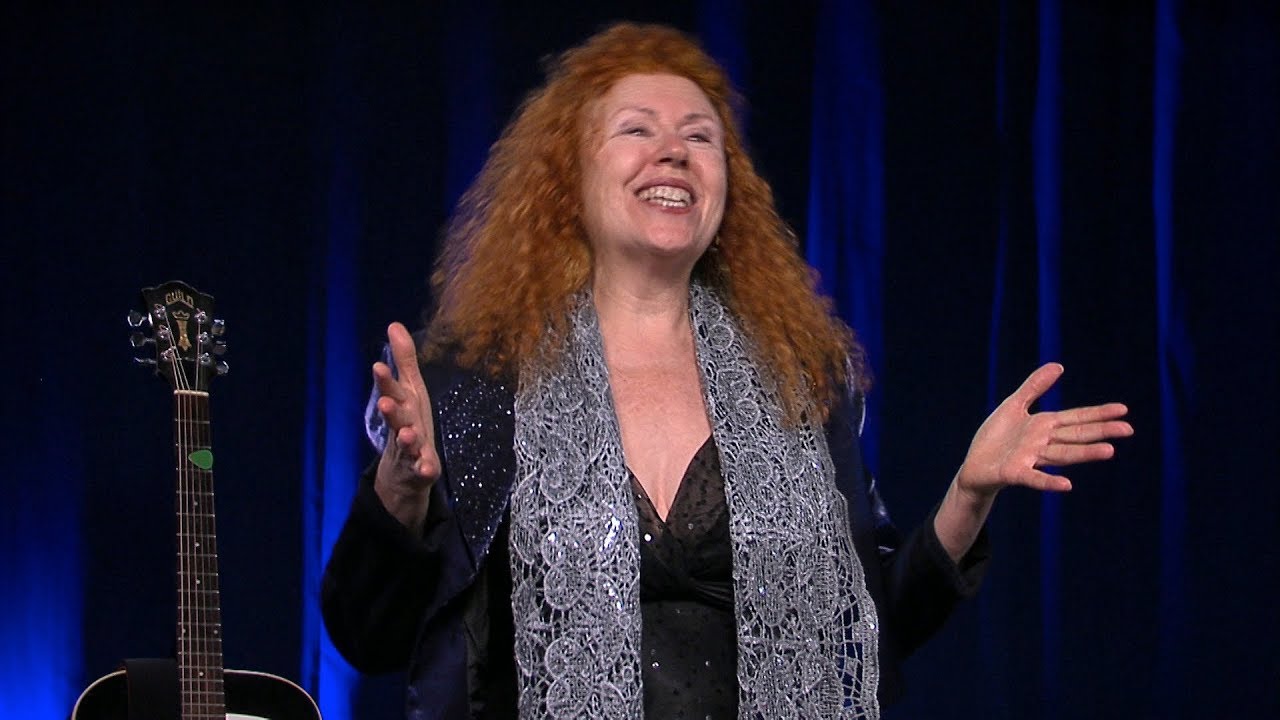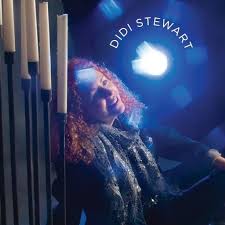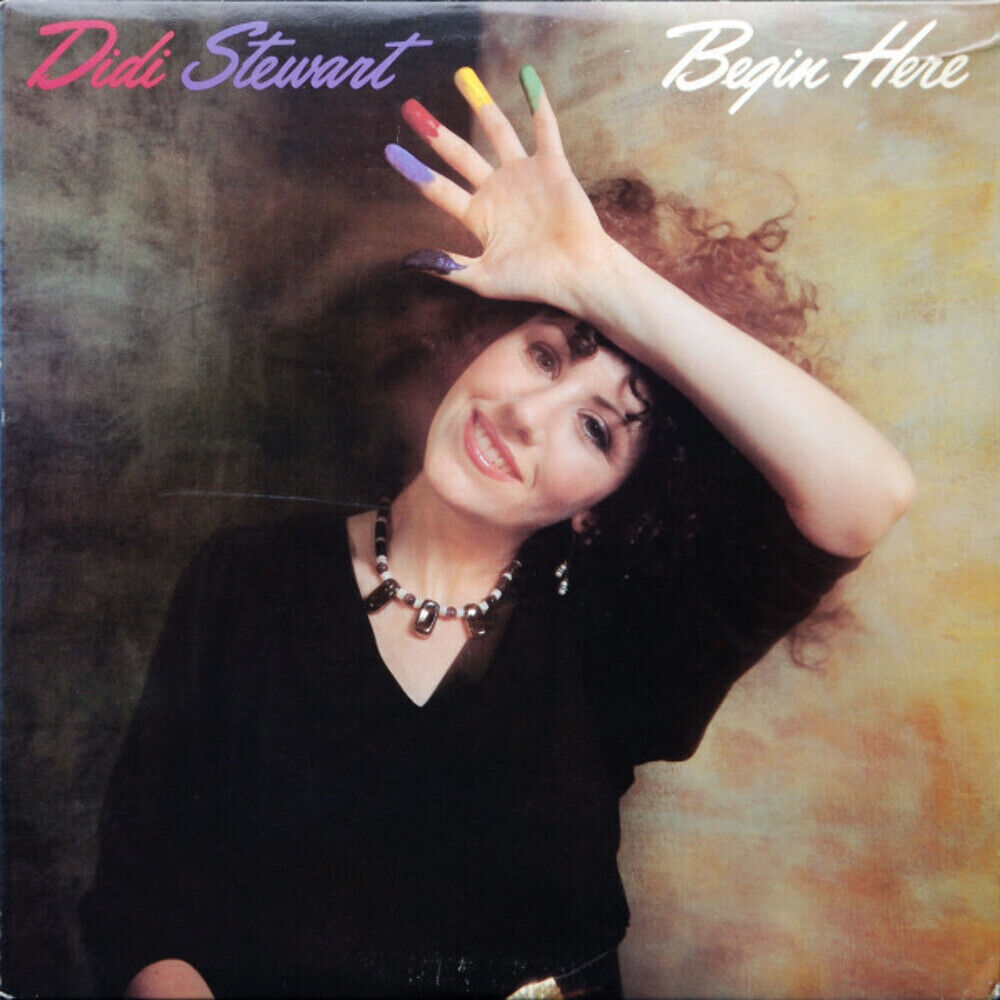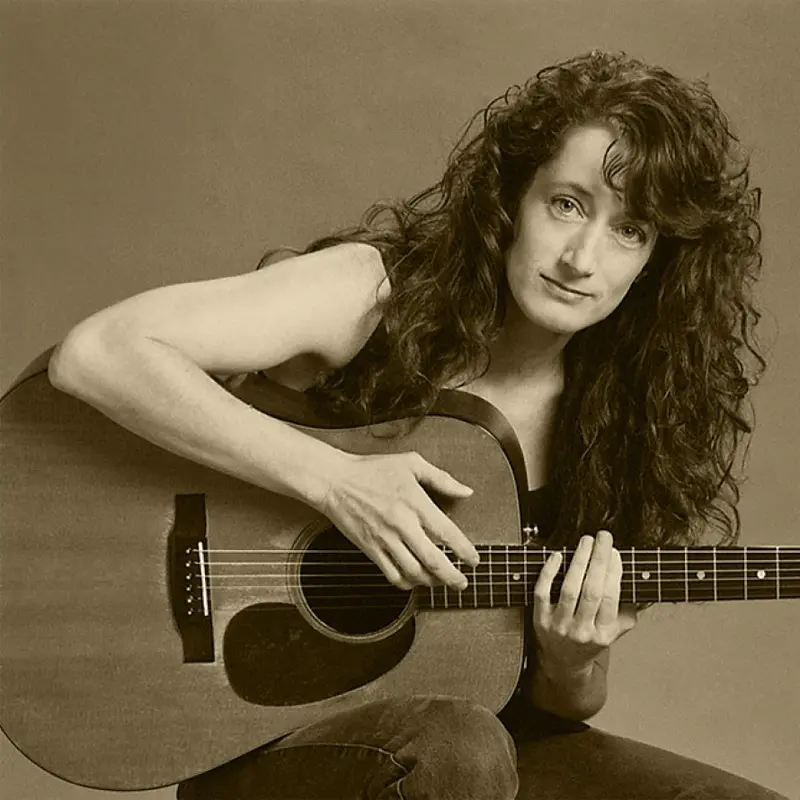Didi Stewart
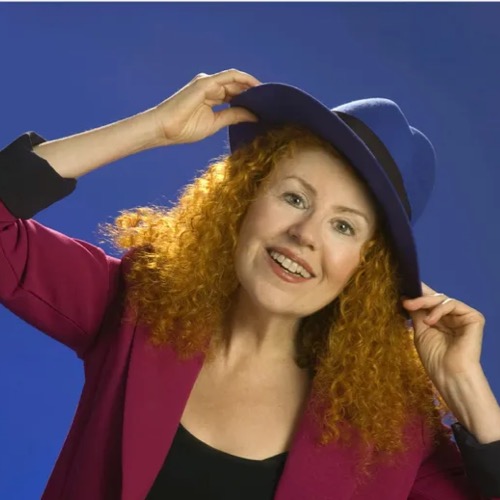
Singer Didi Stewart migrated to Boston from New Jersey to study at Berklee College of Music and now she teaches there, as an associate professor for voice. During the years in between, she belted out songs in the trio Long Tall Sally, Didi Stewart & The Amplifiers and Girls Night Out. The Amplifiers came about in the mid-’70s because, according to Stewart, “I eventually just had to form a band because, for a girl at the time, it was too hard to get into one.”
The Amplifiers, Girls Night Out
Starting with three male and three female members, but going through many lineup changes over the years, The Amplifiers were eventually signed by Don Kirshner in a deal that resulted in an album two years later, but crashed and burned when the company went bankrupt. The band soon broke up, but a short time later, Stewart was hanging out with original Amplifier members Sandy Martin and Kathy Burkly, and the idea to form an all-girl band – for one night only – came up.
The initial version of Girls Night Out (named after a song on The Amplifiers’ album) was Stewart, Martin, Burkly, Alizon Lissance, Cercie Miller, Patty Larkin and Myanna, dressed up in paisley mini-dresses and fishnet stockings, and wearing white lipstick. Their first show (in 1983 at Inn-Square Men’s Bar in Cambridge) was a smash, with The Boston Phoenix calling them “the best new band in Boston.” After a second successful gig at The Tam in Brookline, they decided to be a regular band (though Larkin left to pursue a solo career, replaced by Wendy Sobel).
“Matter of Time,” “Affair of the Heart”
Though Stewart had already written plenty of original music, the group played mostly covers of songs by The Ronettes, Dusty Springfield, Mary Wells and The Velvelettes, though they did have local hits with the Stewart-penned “Matter of Time” and “Affair of the Heart.” Between 1983 and 1987, they played all over New England and released an EP, becoming known as a pop band with a horn section.
Toward the end of that run, they went to New York City to do some showcases. “But we were in our early 30s at that point,” remembers Stewart. “And the rap from the labels was that we weren’t young enough to be a girl group. It was profoundly sexist, but that was the music business.” There have been a few reunions over the years, the most recent in 2002 at the Somerville Theater.
(by Ed Symkus)

